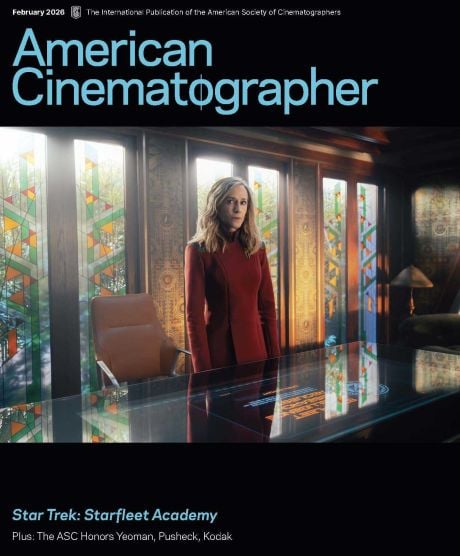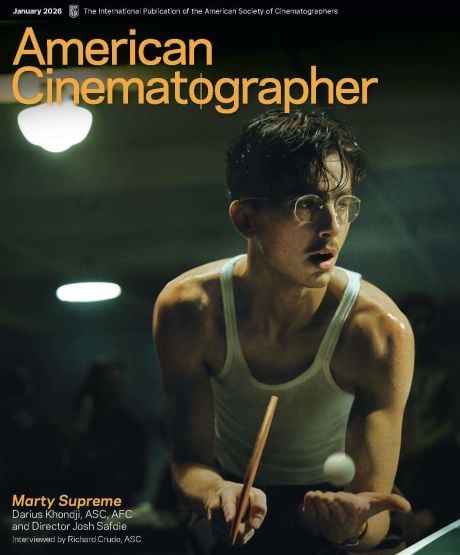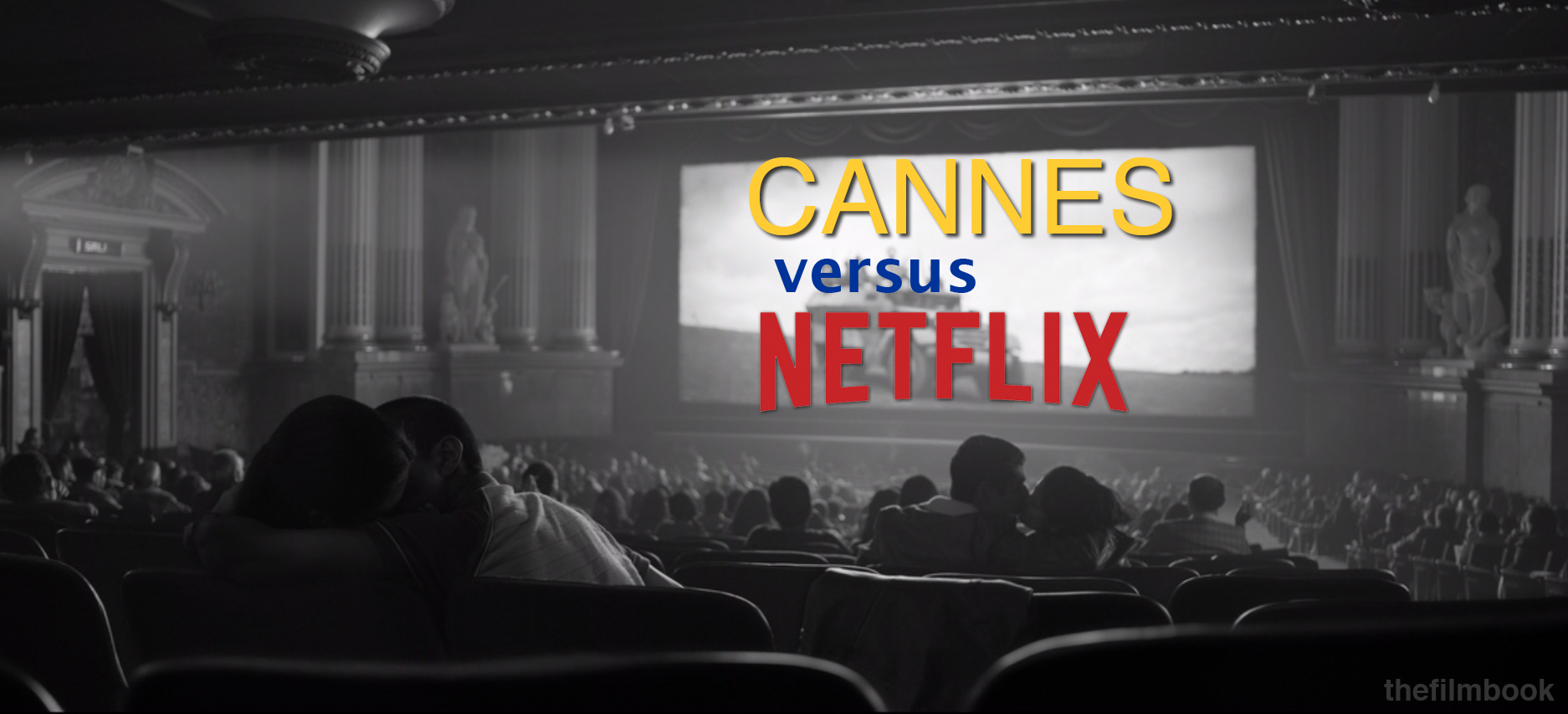
Cannes versus Netflix - International Cinema, Global Audience
A view from Paris of the conflict between the Festival and the streaming giant, that evokes questions about the future of global cinema and its global audience
+++
- A Question
- The 3-Year Rule
- Defending French Screens
- Answers: Frémaux and Lescure
- Cannes' International Filmmakers
- Netflix on the Big Screen
- Global Audience - Netflix versus Disney
- The Future
+++
ADDENDUM: Cannes versus Netflix Timeline
LINKS
+++
1. A Question
Recently, I attended the press conference given by the heads of the Cannes
Film Festival: President Pierre Lescure and General Delegate Thierry
Frémaux.
It is fitting that it took place in a Parisian
cinema in front of a giant curtained movie screen. I asked them the following question:
"How do you imagine the future of the relationship between Cannes,
the biggest festival in the world, and the giants of internet streaming, and Netflix in
particular?"
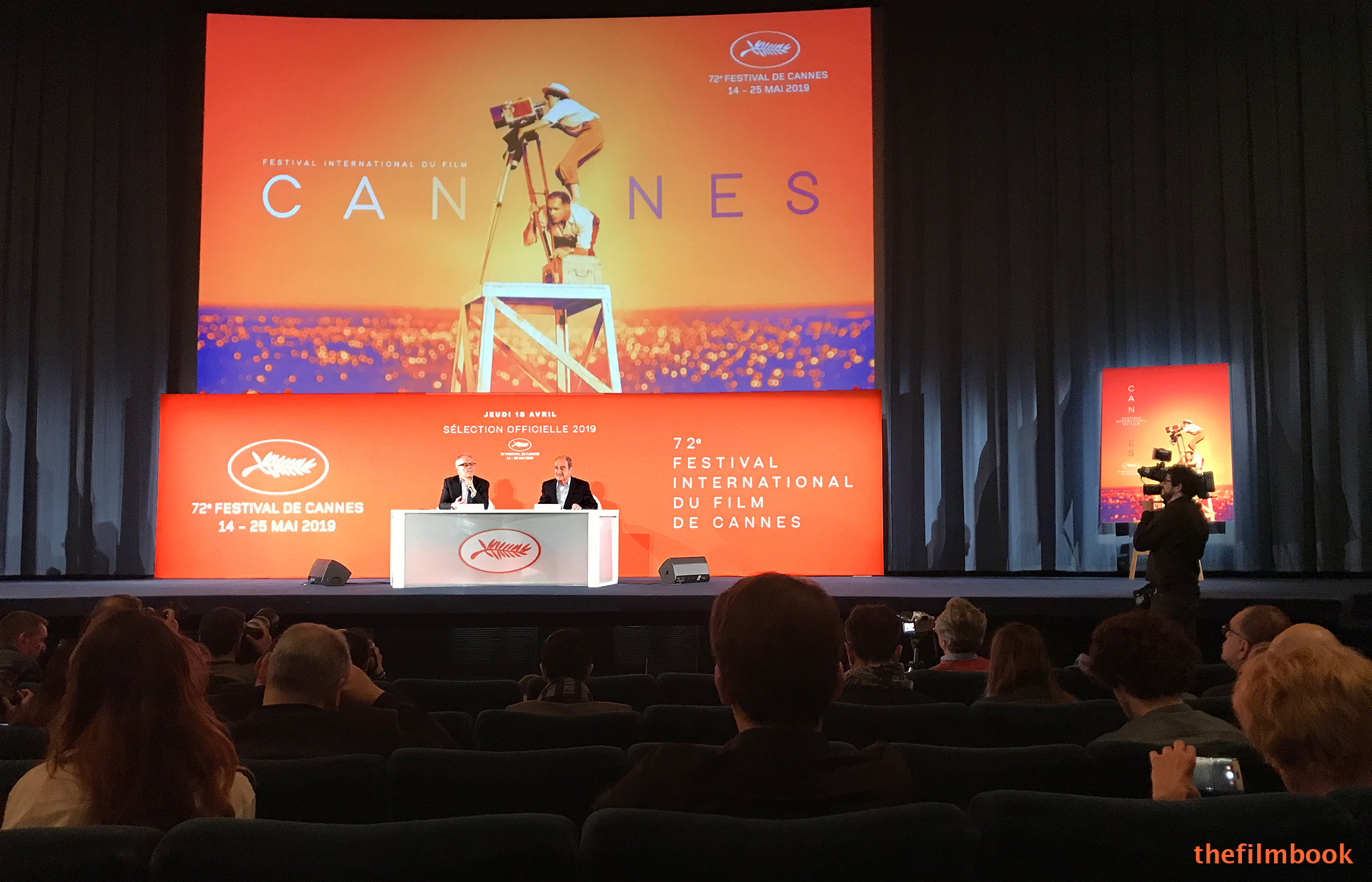
My question and Frémaux and Lescure's answers evoke larger
questions about the future of an international cinema with an international audience.
For those who haven't followed the controversy, I have put a timeline of the 2-year conflict in the ADDENDUM below.
(You can also watch my question and the full answers on YouTube via the LINKS section below)
+++
2. The 3-Year Rule
Last June, the Cannes Festival introduced a new rule: any film in the Official Competition for the Palme d'or and other juried prizes must have a subsequent theatrical run in France. Fair enough, you say? However current regulations impose the following "release windows" for all films distributed in French theaters:
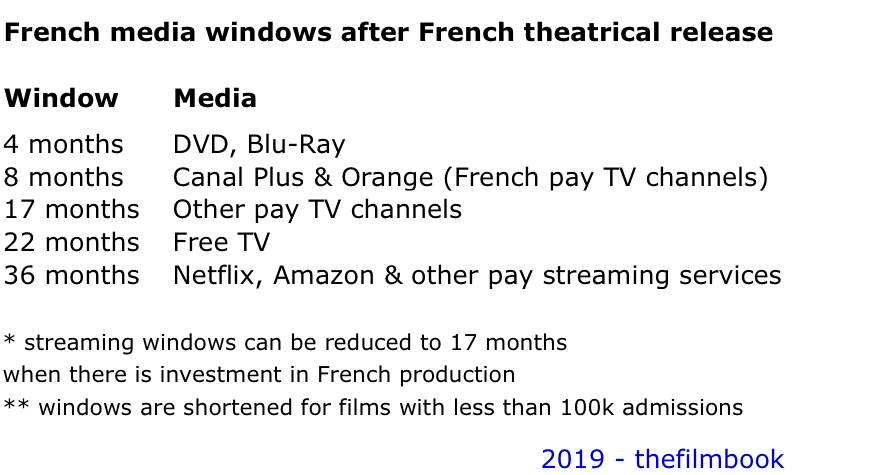
Many of my American friends are flabbergasted by this 3-year legal delay between the big screen and Netflix streaming. This media chronology is the result of two French political realities:
- French pay TV channels Canal Plus and Orange are legally required to invest in French cinema production, and this release schedule guarantees a return on their investment.
- French regulations seek to protect its film theaters, and its cinema.
+++
3. Defending French Screens
France sees cinema as an important part of its culture. I asked my friend Gilles Porte, AFC, to help articulate the importance of defending French theaters. Gilles is the president of the AFC, the French Society of Cinematographers, but stressed that he was speaking for himself only.
Gilles emphasizes that "today, the movie theater is the best place to see a film". He reminds me that French cinema is the strongest in Europe:
- In 2018, 200 million theater tickets were sold, more than any other European country.
- France produces about 200 features a year
- In 2018, French films took in about 40% of admissions
- American films took in 45%, led by 3 Disney blockbusters (The Incredibles 2, The Avengers Infinity War and Black Panther).
- In comparison, the UK sold 170 million tickets, but only 12% of admissions went to British features.
The cultural challenge for French cinema is to avoid getting swallowed up by American superhero culture, like most other countries have been.
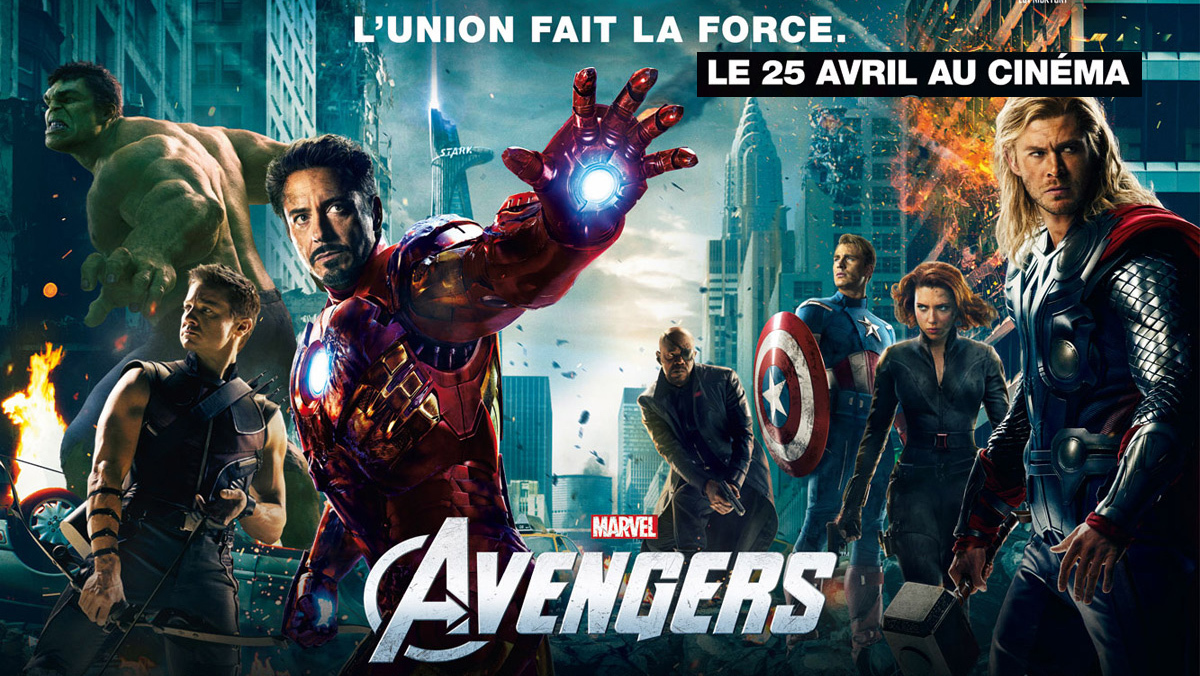
Gilles notes that a tax on French theater tickets helps finance future French productions, in what he calls a "virtuous circle" (as opposed to a vicious one).
- French cinema is also financed by French TV channels, and pay-TV channel Canal Plus.
- There is also a unique system of French co-productions with countries outside Europe, notably in Africa, Asia and the Middle East.
I point out that current regulations mean that, for example, Amazon would be able to sell DVDs of a film it released in France 32 months before it could show it on Amazon Prime.
Gilles stresses that he is "most concerned about unusual films, fragile films, like those we see in the Cannes Festival". He agrees that the media chronology should evolve, "but we must continue to remind people why it exists, and to ask ourselves about financing fragile films."
+++
3. Answers: Frémaux and Lescure
During the Paris press conference, Thierry Frémaux states
that he "understands
very well" that
Netflix is not willing to wait 3 years before streaming a film in France, in
order to be in the Cannes competition. Cannes' chief curator adds that
relations with Netflix are very cordial and stresses that there were no Netflix films ready in time for inclusion
in this year's Festival, and notably Scorsese's The
Irishman.
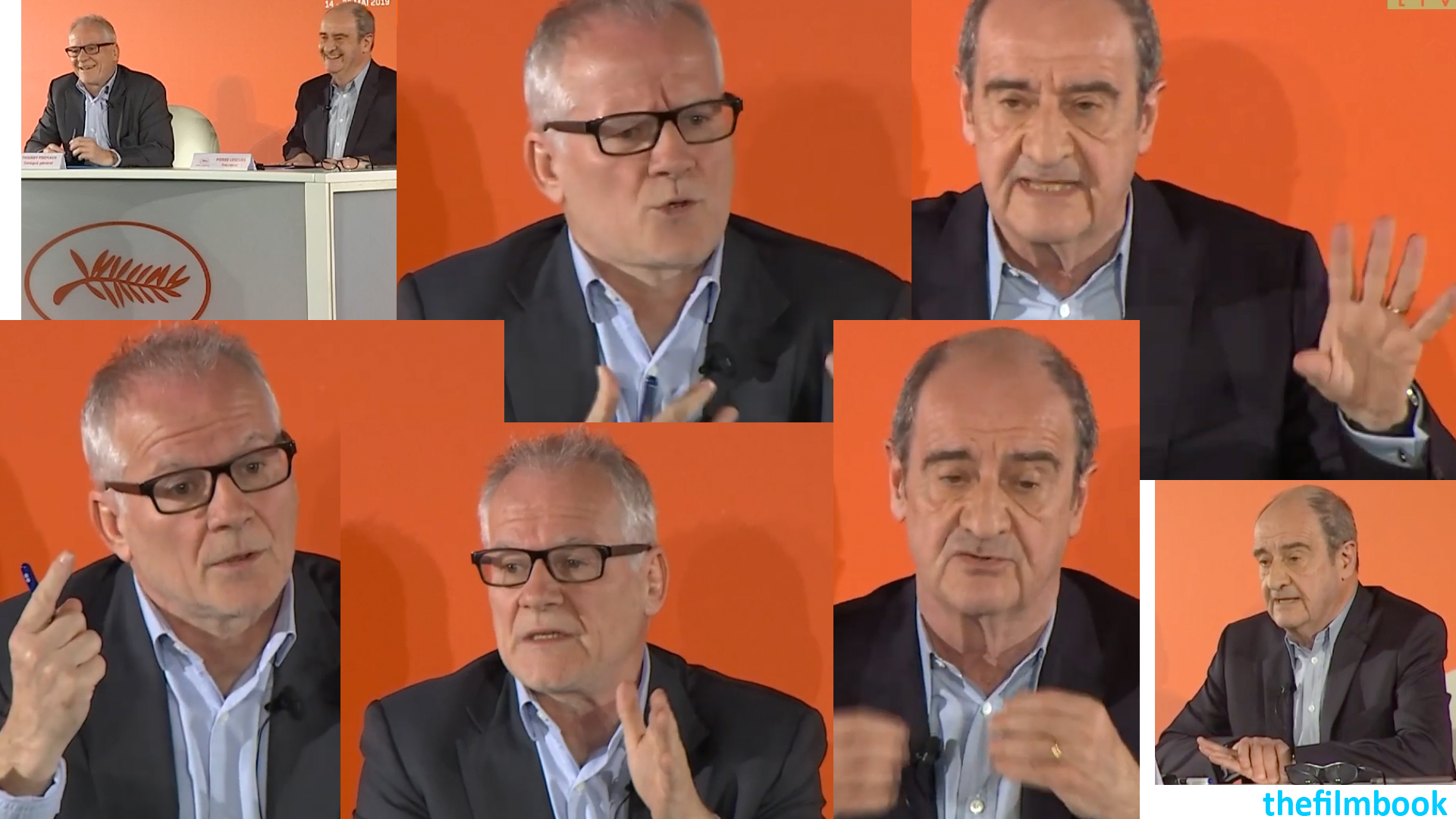
Pierre Lescure states that the Netflix issue will come up
again in a "pressing
way", and that "we will have to think about this with our Board of
Directors". Cannes' president adds that, with the arrival of Disney
and Apple in the streaming market, "there will have to be an evolution" of
the French release timetable. He opines that "in two, three years, things
will evolve intelligently", and evokes a much more flexible system with different release windows for different kinds of films. The writing is on the wall...
Thierry Frémaux concludes that "when we talk about this,
we don't talk enough about theaters... Quentin Tarantino told me: 'I dream
of seeing my film on the big screen in the Lumière theater of the Grand Palais". Tarantino will soon present Once Upon a Time in Hollywood (shot by Robert Richardson, ASC) in 35mm film in Cannes.
+++
4. Cannes' Global Filmmakers
Thierry Frémaux is right to insist that memorable screenings are
at the heart of the Cannes International Film Festival.
For me, Cannes is the best film festival in the world because
of its incredible variety of films and people, and its luminous screenings.
The Festival consistently strives to be truly international,
bringing films from Africa, South America, Eastern Europe and Asia into
the spotlight, alongside the better-known features from the US and Western Europe. Cannes is a window on global cinema, and its filmmakers.

Cannes' large screen screenings are the best I've seen. The
quality in its two giant auditoriums, the Lumière (screen 19 meters wide) and
Debussy (15 meters), is phenomenal, thanks to the methodical efforts of the CST,
the French technical organization.
Part of the attraction for filmmakers is the extraordinary audience experience in Cannes, as Tarantino told Frémaux. Watching
a film with 2300 people in the Lumière auditorium, or 1000 people in the Debussy,
is a true crowd experience, but it's a crowd of film-lovers, be they journalists,
industry people or Cannes citizens. The audience is as international as the
films, and it's great to share opinions and sensibilities with people of different
cultures. Once the lights go down we are all swallowed by the same film, laughing,
sighing or crying together in the dark.
+++
6. Netflix on the Big Screen
All directors want to see their films on
the big screen. Netflix' position on US theatrical runs has evolved to accommodate
the leading filmmakers it works with:
- To date, Netflix has rented (or "four-walled") theaters for its
big screen runs, which means there are no public statistics.
- Roma's initial 3-week run was extended to six months, according to Alfonso Cuarón, and also included a 70mm print.
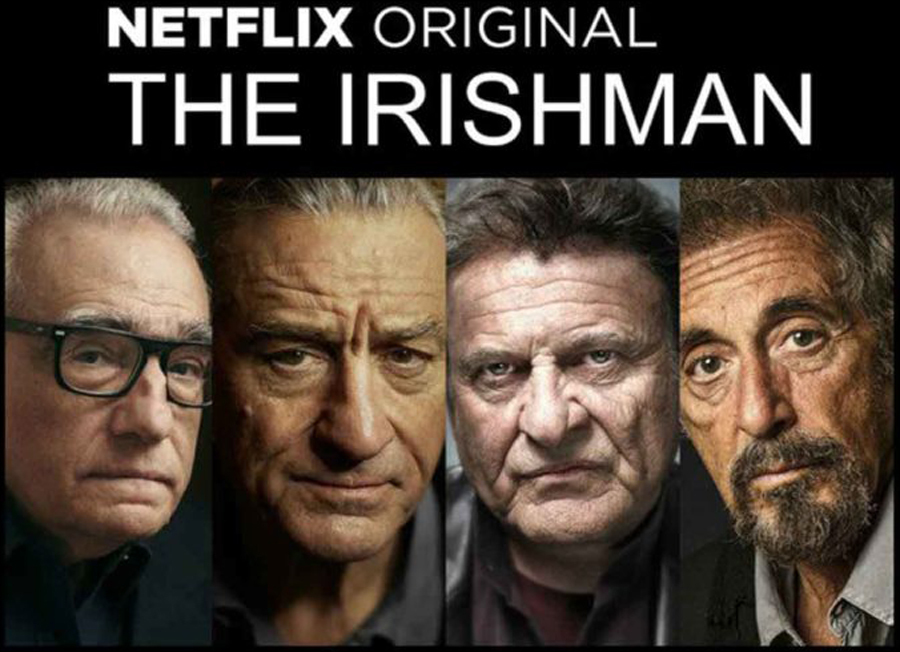
- Netflix is considering buying The Egyptian, one of Hollywood's
classic theaters, for LA screenings
- Netflix is in the process of preparing a big theatrical run for Scorsese's The
Irishman.
- A wide distribution would involve negotiating a deal with theater
chains, including IMAX, that normally require 90-day theatrical exclusivity.
Netflix is learning to reconsider its opposition to big screens, to please its filmmakers and to give films a cachet to help get awards, with the end goal of bringing prestige to the streaming company, and therefore new subscribers.
+++
7. Global Audience - Netflix versus Disney
Netflix is seen by some as dangerous because of its increasingly dominant position in the film industry:
- Netflix currently has 149 million subscribers streaming worldwide, in just about every country except China...
- Netflix subscriber growth is astounding, increasing by almost 50% last year
- Netflix has created a new global audience for its content
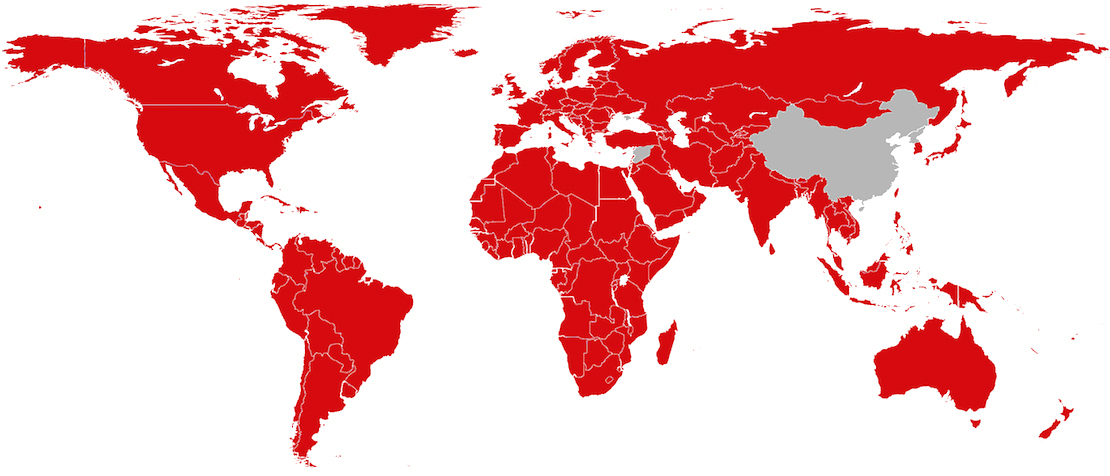
At present, Netflix' disruption of the film industry is serving to create an audience for a more
diverse global cinema. It's revealing to compare Disney, the leading Hollywood
studio, to Netflix, the leading streamer:
-
Hollywood studios have developed into a global eco-system where some twenty films take in
about 40% of the annual box office, and dominate the big screens around the world.
- In 2018, 10 Disney films took in almost 20% of the worldwide
box office of 41 billion dollars, and more than 25% of the US box office.
- Hollywood franchises, often based on American comic book superheros, are dominating world cinema culture.
- Hundreds of smaller films with other kinds of stories are getting less big screen time. This is the "disappearing art house" problem.
- With limited DVD and Blu-ray releases, art house films have been difficult to see on the small screen as well.
Don't get me wrong, I enjoy some of the superhero movies, but I'm very concerned about their uniformity and their ubiquity.
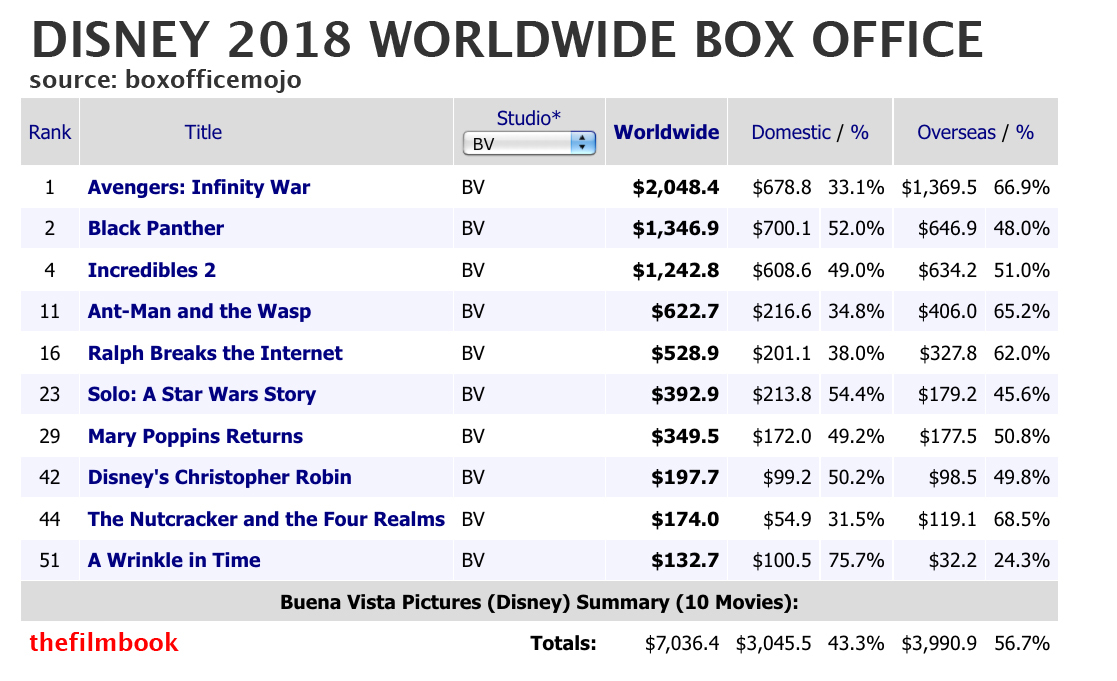
Netflix' growth strategy appears to be to create as much original content as it can afford:
- Netflix'
budget for acquiring or producing 2018 content budget was 12 billion dollars, twice that of 2016.
- In 2018, Netflix released an estimated 850 exclusive original and first-run
syndicated programs.
- Netflix has said it will spend 1 billion dollars in Europe in 2019 for 221 projects, including 153 originals.
Admittedly there are mediocre series and movies in both Disney's
and Netflix' offerings, but there's a lot more to choose from in Netflix:
-
I am heartened to see several recent masterpieces produced or acquired by Netflix and reaching audiences
that they might not otherwise had:
13th by Ava DuVernay, On
Body and Soul by
Ildiko Enyedi, and of course Roma.
- This is Netflix being good for art house cinema
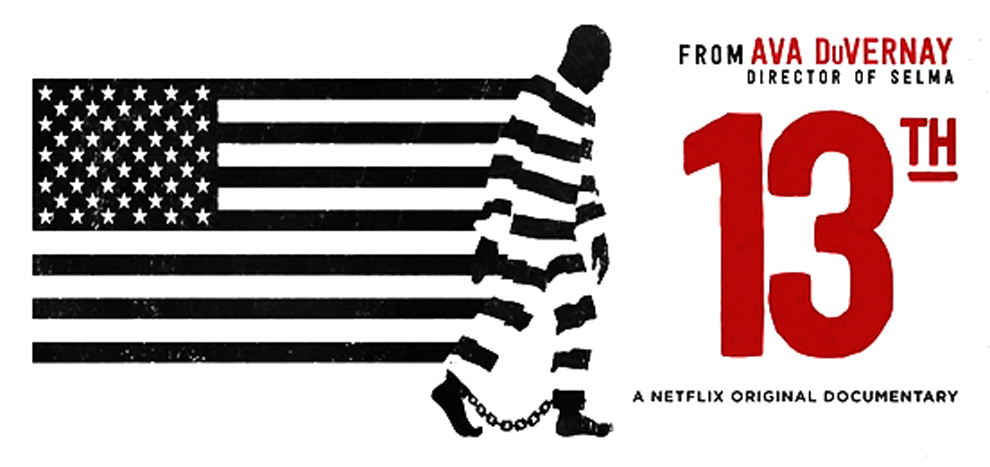
Netflix is also good for foreign production. Instead of simply offering Hollywood
content abroad, Netflix' strategy for growth is to acquire foreign
series and movies, and to produce more original content in native languages abroad.
Foreign production enables the vast new audience of Netflix viewers across the world to discover and explore cinema from other cultures. It's great to have Korean audiences watch Spanish series, and vice versa.
With all its imperfections, Netflix still offers the best hope for providing a global audience for a greater variety of international films and series than the current box office allows.
+++
8. The Future
For me, cinema is a language that
involves any form of moving images to tell
a story. This enlarged definition of cinema includes series,commercials, video
installations, VR and immersive movies. Each new technology enriches the language of cinema. Today's cinematic screens range from iPhone to IMAX.
In a way, the conflict between Netflix and Cannes is as old as cinema itself.
Cinema began in the 1900s with a private versus public technological dichotomy: Edison's
one-person nickelodeon versus the public film projection of the Lumière brothers.
While the public big screen has been a constant in the history of cinema, the small private screen has appeared variously in the form of television, videotape, DVDs,
VR headsets, and video streaming.
DVDs and Netflix created a new cinematic genre, the multi-day movie that takes more than one day to watch. In this kind of movie, creating an engaging world and rich characters trumps the plot. Netflix began as a movie exchange system using mailed DVDs, Netflix CEO Reed Hastings wanted to enable that same binging possibility by releasing entire seasons at once of shows like House of Cards.
The Cannes Film Festival continues to experiment with screening and installations of new forms of cinema:
- The past few years have seen screenings of series episodes from Jane Campion and David Lynch. This year we will see Too Old To Die Young directed by
Nicholas Winding Refn (with cinematography by Darius Khondji ASC, AFC).
-
And Cannes hosted the magnificent, ground-breaking 2017 Virtual Reality installation Carne y Arena by
Alejandro Iñarritu (with Emmanuel Lubezki, ASC, AMC).
Ted Sarandos, Netflix' Chief of Content, is known for being at the service of leading directors like Alfonso Cuarón, the Coen brothers, Ava DuVernay, Ildikó Enyedi, Bong Joon-Ho, Dee Rees, Martin Scorsese and others. This is part of the streaming company's strategy to attract top talent and premium content, which is even more important now as Disney and others emerge as streaming competitors. Recently, Netflix has demonstrated its willingness to bend its business model by investing in festival screenings, in limited theatrical distribution and Oscar campaigns to highlight important films.
The French system to preserve its cinema culture is indeed a "virtuous circle", but, as Pierre Lescure evokes, it must evolve to accommodate the changing landscape of distribution. The need for new flexible regulations is heightened by the arrival of new streaming giants to replace the DVDs of yore. Politically, this change will be helped along by increased Netflix investment in French productions. Hopefully the French evolution will happen sooner rather than later, without Cannes missing out on another Roma.
The conflict between Cannes and Netflix is destined to be resolved,
because both are committed to working with cinema innovators, and to the future of a new international cinema with a new global audience.
+++
+++
+++
ADDENDUM. Cannes versus Netflix Timeline
Here is a timeline of the 2-year conflict between the Cannes International Film Festival and Netflix, which culminated in a crisis over Alfonso Cuarón's Roma:
French 3-Year Window from Screen to Streaming
2009 - To protect their big screen market, French industry regulations impose a mandatory 3-year "window" (or delay) between theatrical release and internet streaming.
2 Netflix Films in 2017 Competition
April 2017 - Frémaux and his team include two Netflix films in the Cannes Festival Competion: Okja and The Meyerowitz Stories. Because of the 3-year window, Netflix does not plan a theatrical release in France.
Cannes Board Angered
May 2017 - Representatives of French film distributors and theaters on the Board of Directors of the Cannes Festival are reportedly furious with Frémaux, who has stated that he almost lost his job for allowing two films to run in the Competition that will not have a theatrical distribution in France.
New Cannes Competition Rule
June 2017 - The Cannes Festival introduces a new rule: any films in the Official Competition for the Palme d'or and other juried prizes must have a subsequent theatrical run in France. This means that any Netflix films in Competition must wait 3 years before streaming in France. The rule does not apply to Cannes films screening outside of Competition.
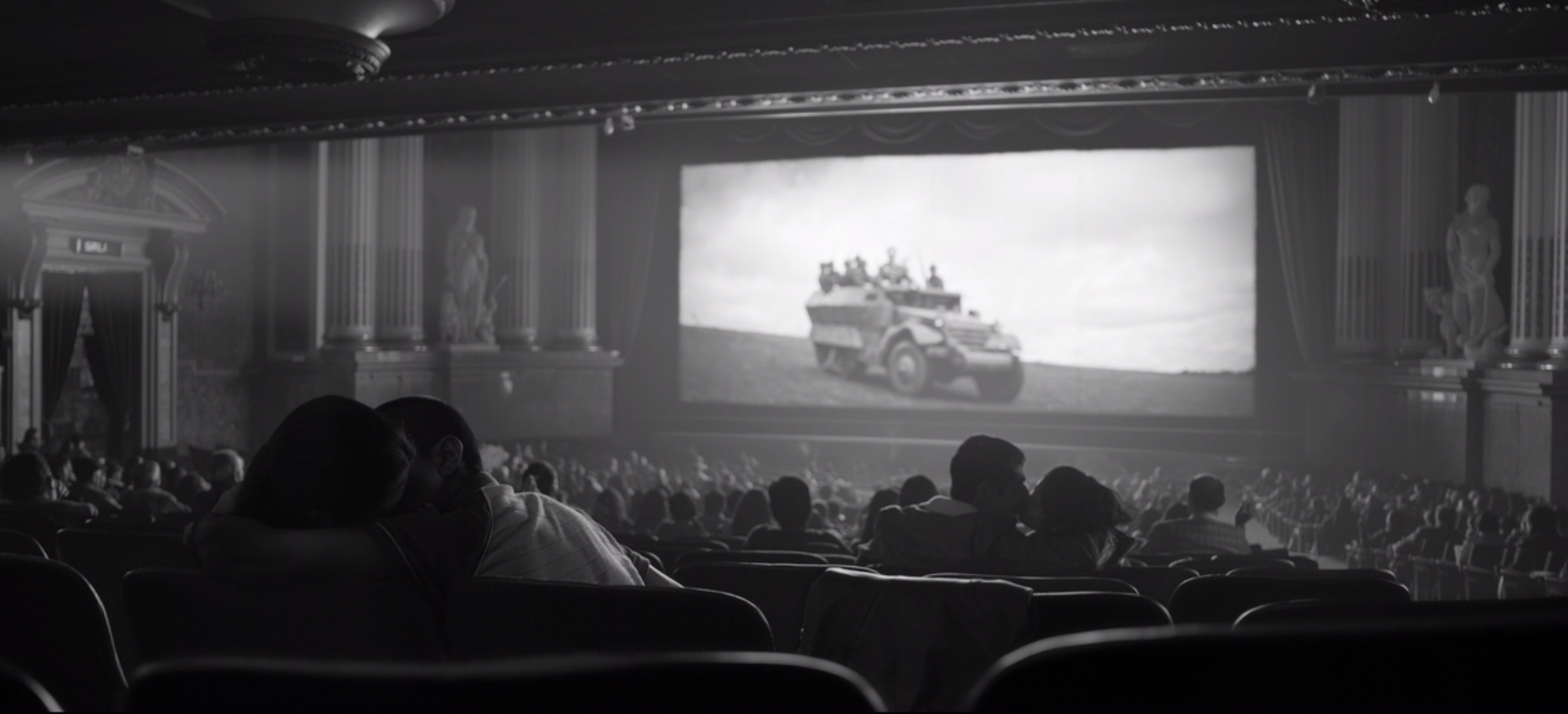
Netflix Pulls Out from Cannes 2018
April 2018 - A conflict between Cannes and Netflix comes to a head before the Festival's May debut. Given the obligation of a French theatrical run for a film in Competition, Netflix decides to boycott Cannes completely, including both Roma, which was assured a place in Competition, and Orson Welles' The Other Side of the Wind, which would have run out of Competition.
Roma Premieres in Venice
August 2018 - Roma has its world premiere at the Venice Film Festival, where it wins the top prize, the Golden Lion. The film goes on to play festivals in Telluride, Toronto, New York and at Camerimage.
Frémaux, Cuarón, Sarandos in Lyon
October 2018 - In addition to his duties for Cannes, Frémaux directs the Lumière Festival in Lyon. He invites Alfonso Cuarón to Lyon for a Master Class and career retrospective that culminates with a showing of Roma, the only public screening in France. Netflix Chief of Content Ted Sarandos attends.
Roma Theatrical Run
November 2018 - As part of its extensive Oscar campaign, Netflix gives Roma a limited theatrical run in the US, beginning some three weeks before the film streams on its web site. Netflix also gives Roma limited theatrical runs throughout Europe, though not of course in France.
France Confirms Streaming Timetable
December 2018 - The CNC, the French national center for cinema, announces the renewal of the updated rules for media releases, which maintain a 3-year delay between theatrical release and streaming on subscriber services like Netflix and Amazon (this can be reduced to 17 months in certain cases of investment in French production resources).
Roma 10 Oscar Noms
January 2019 - Roma is nominated for 10 Academy Awards, a record for a Netflix movie.
Netflix Garners Oscars
February 2019 - Roma wins 3 Oscars: for best cinematography, best director and best foreign film, a Netflix record. By some accounts, Roma did not win best picture because its streaming status was seen as a negative by some Academy voters.
Netflix Absent from Cannes 2019 Line-up
April 2019 - There will be no Netflix films at Cannes this year. The Netflix elephant in the room is The Irishman by Martin Scorsese, which would have been welcomed by the Festival, in or out of competition, but is reportedly not ready.
Oscars Rule 2 Maintained
April 2019 - In a related development, the Academy Board of Directors maintains the requirement for a 7-day theatrical run in LA County to qualify for an Oscar. Some Academy members had urged a longer minimum, closer to the 90-day average of US theater chains.
+++
+++
+++
LINKS
YouTube: video of my question and Frémaux & Lescure answers during Cannes Festival Press conference
- en français
- in English
festival-cannes.com: Cannes International Film Festival
festival-cannes.com: Interview with Thierry Frémaux
wikipedia: Pierre Lescure
variety.com: Alfonso Cuarón on His New Oscars, Netflix and if Trump Should Watch ‘Roma’ by Brent Lang
www.gillesporte.fr
wikipedia.org: Gilles Porte, AFC, director and cinematographer
imdb.com: Gilles Porte, AFC
indiewire.com: CinemaCon: NATO Chief Says He Feels No ‘Pressure’ — But Fumes About Netflix Questions
quartz.com: Keeping up with Netflix originals is basically a part-time job now
variety.com: Netflix Spent $12 Billion on Content in 2018. Analysts Expect
That to Grow to $15 Billion This Year
palaisdesfestivals.com:information about cannes palais screening rooms (in French)
variety.com: 2018 Worldwide Box Office Hits Record as Disney Dominates
+++
thefilmbook
thefilmbook: Cinema 2018 - 9 Key Trends / Challenges
thefilmbook: 2018 In Review - 10 Strong Films at Camerimage
thefilmbook: 2017 in Review - Films and Themes
thefilmbook: Carne y Arena 1: VR Masterpiece by Iñarritu and Lubezki
thefilmbook: Carne y Arena 2: Notes on VR Cinema
thefilmbook: On Body and Soul: Interview with Director Ildiko Enyedi
thefilmbook: Cannes 2015 - Women Warriors and Sexual Emancipators
thefilmbook: Cannes 2014 - Freeform Filmmaking
thefilmbook: Cannes 2014 - Women Filmmakers
thefilmbook: Cannes 2013 - The Gay Palme
thefilmbook: Hollywood 3.0: China
+++






